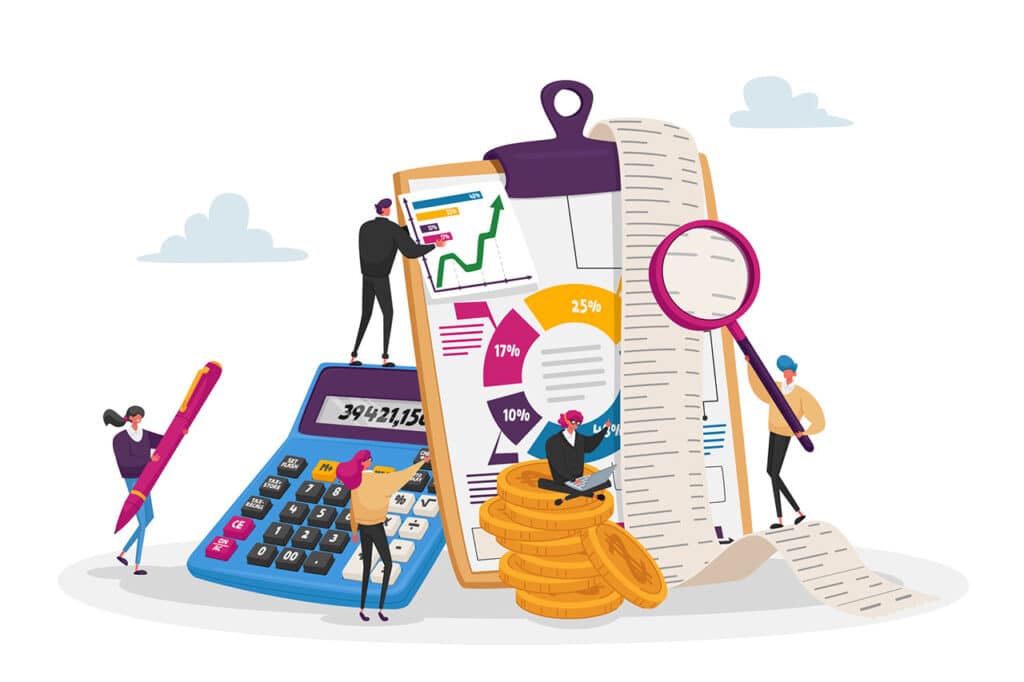Business rate calculator
Navigating the financial landscape of property related expenses can be difficult. Use this handy calculator to estimate your property tax liabilities.
Page written by Ian Hawkins. Last reviewed on May 14, 2025. Next review due April 6, 2027.

Ian Hawkins
Head of Content
Ian Hawkins is Head of Content at Swoop. As a freelance business journalist and filmmaker he has reported from Europe, Central and North America and Africa. His films and writing have appeared on BBC World, Reuters and CBS, and he has spoken at conferences on both sides of the Atlantic on subjects including data, cyber security, and entrepreneurialism.
Read this article to me

































 yet? Register here!
yet? Register here!